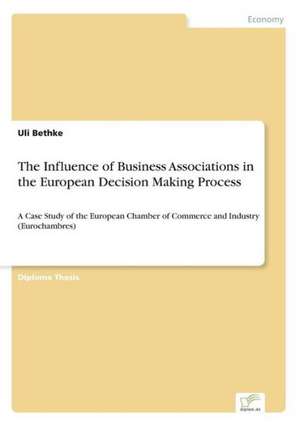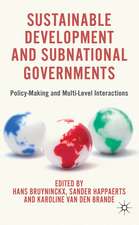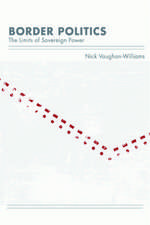The Influence of Business Associations in the European Decision Making Process
Autor Uli Bethkeen Limba Engleză Paperback – 18 ian 2006
Preț: 520.39 lei
Preț vechi: 642.45 lei
-19% Nou
Puncte Express: 781
Preț estimativ în valută:
99.60€ • 102.64$ • 84.09£
99.60€ • 102.64$ • 84.09£
Carte disponibilă
Livrare economică 10-24 februarie
Preluare comenzi: 021 569.72.76
Specificații
ISBN-13: 9783838692562
ISBN-10: 383869256X
Pagini: 118
Dimensiuni: 148 x 210 x 7 mm
Greutate: 0.16 kg
Editura: diplom.de
ISBN-10: 383869256X
Pagini: 118
Dimensiuni: 148 x 210 x 7 mm
Greutate: 0.16 kg
Editura: diplom.de














